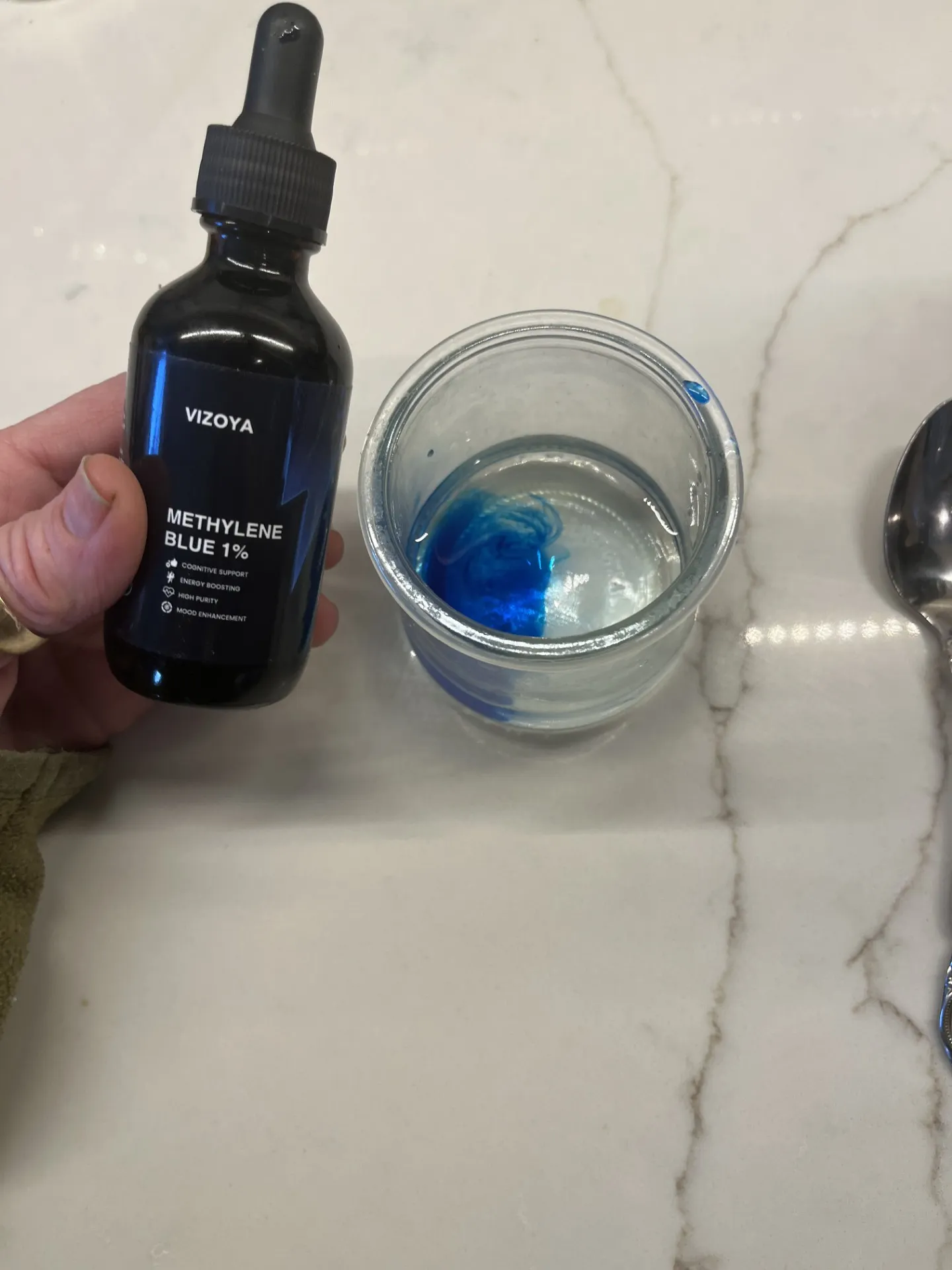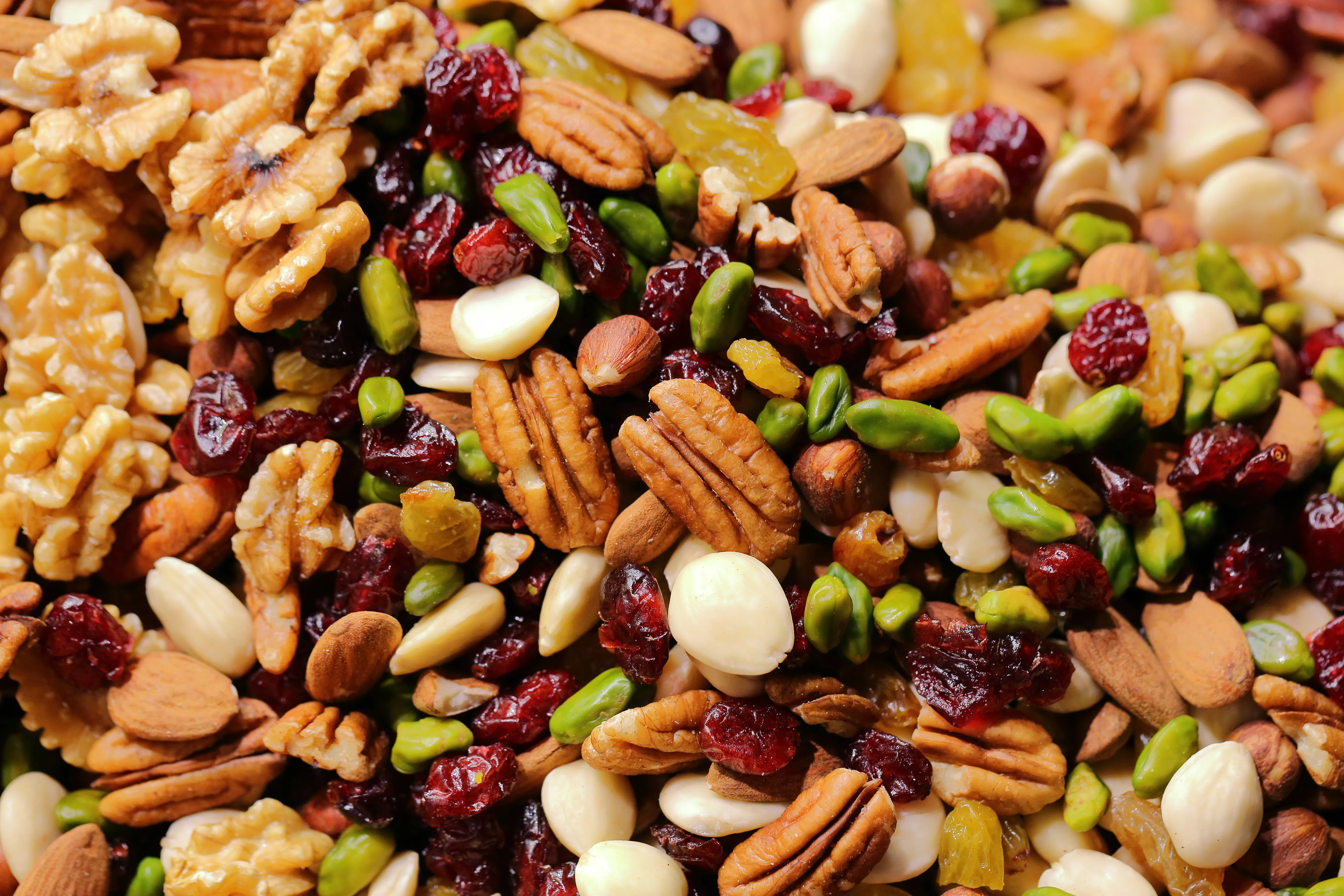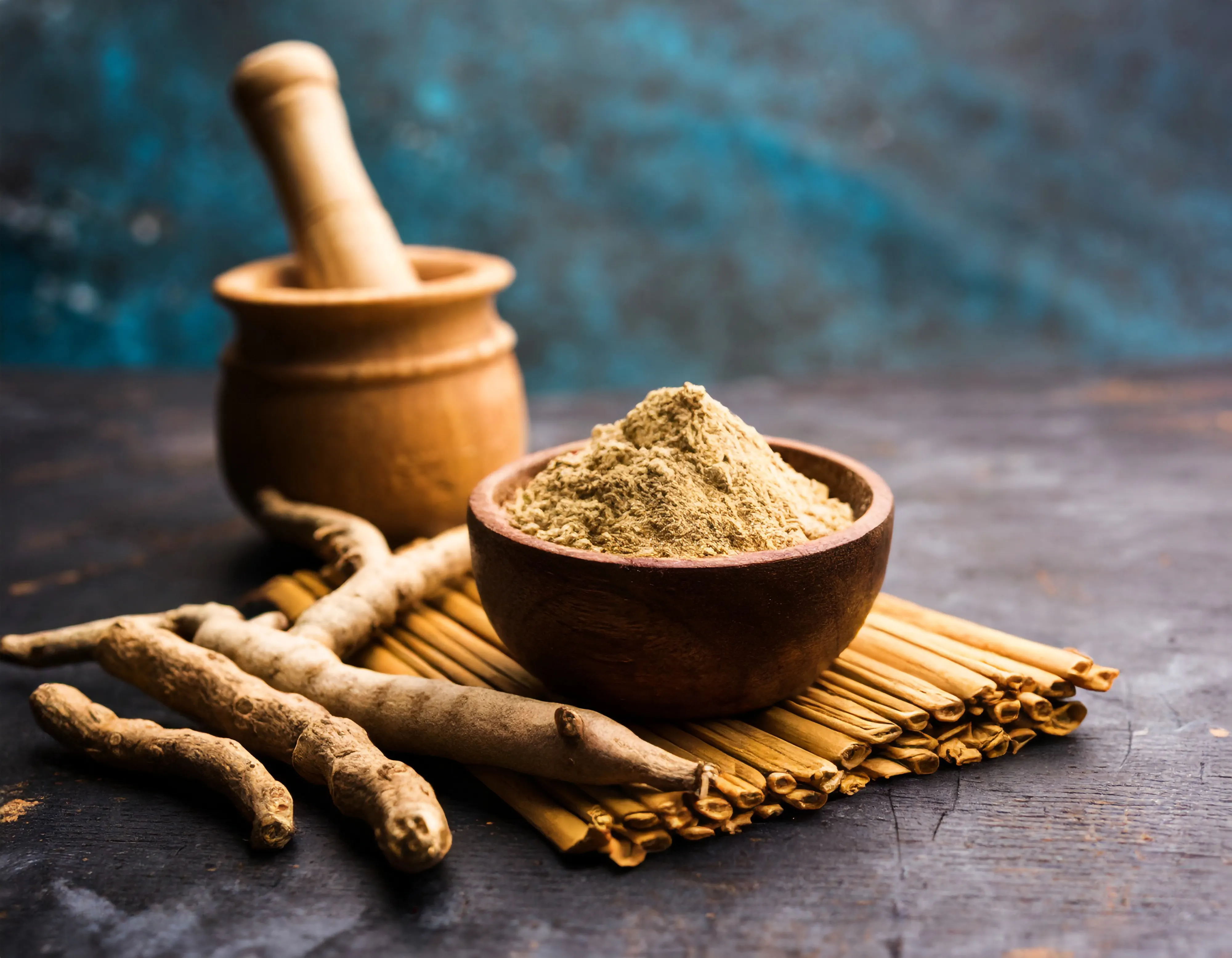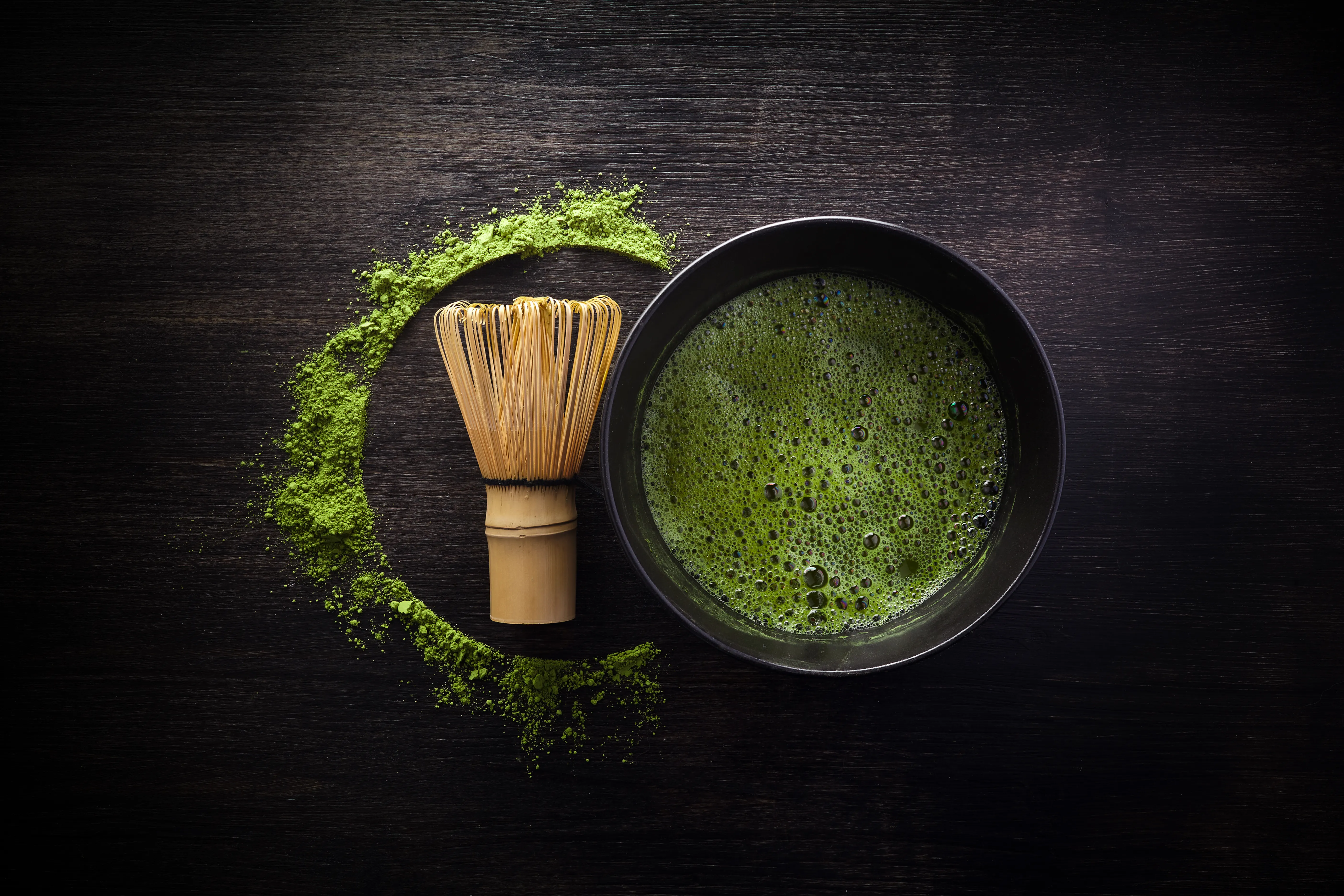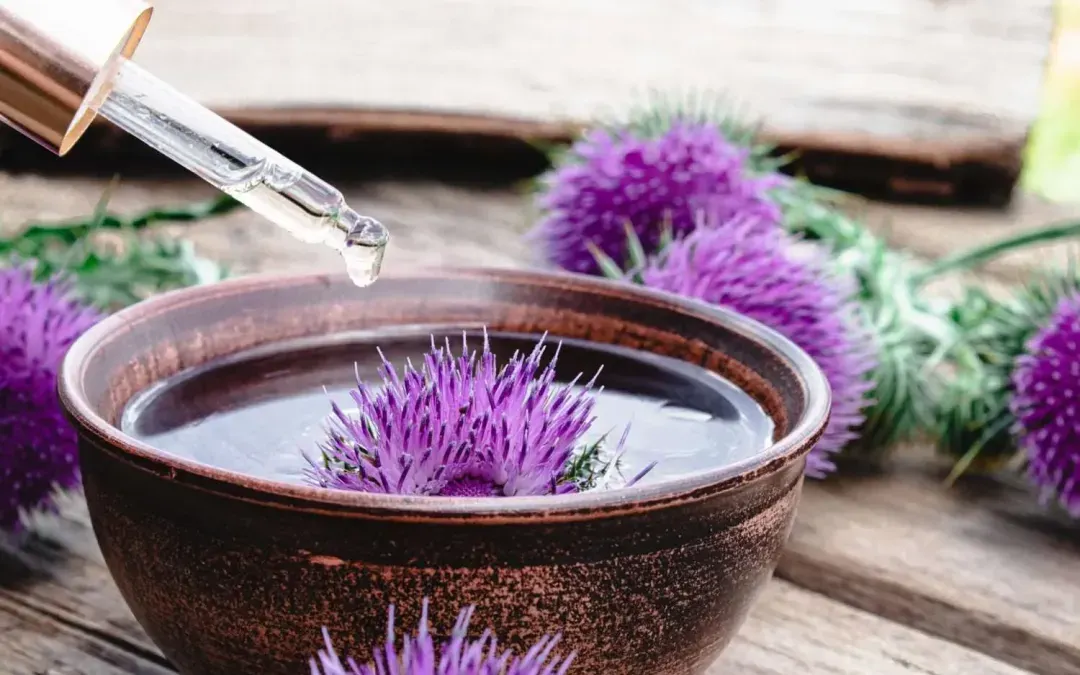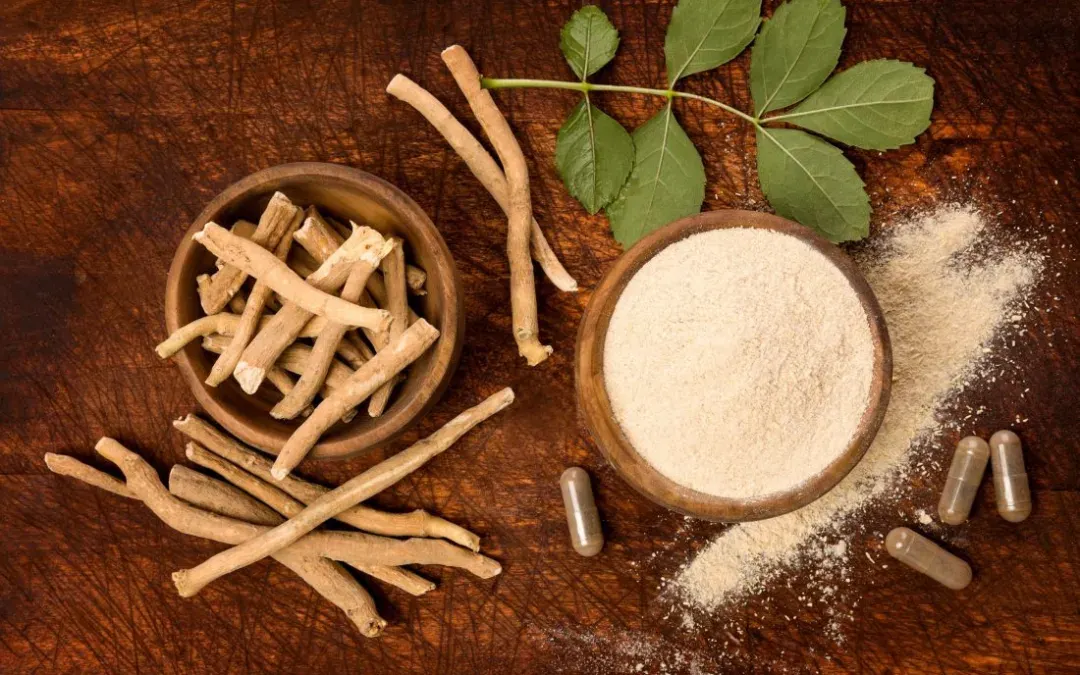The Role of Food in Cancer Prevention, Treatment & Detoxification
Food as Medicine in the Fight Against Cancer
by Christina Blanchard-Horan, PhD
The connection between diet and cancer prevention is a growing field of study, revealing how nutrition plays a crucial role in preventing cell damage, inducing apoptosis (programmed cell death), and detoxifying the body. By incorporating the right foods, we can strengthen our body’s natural defenses and create an internal environment that is less hospitable to cancer growth. In this post, we’ll explore how food can prevent and even aid in the treatment of cancer, as well as help the body cleanse harmful toxins that may contribute to disease development.
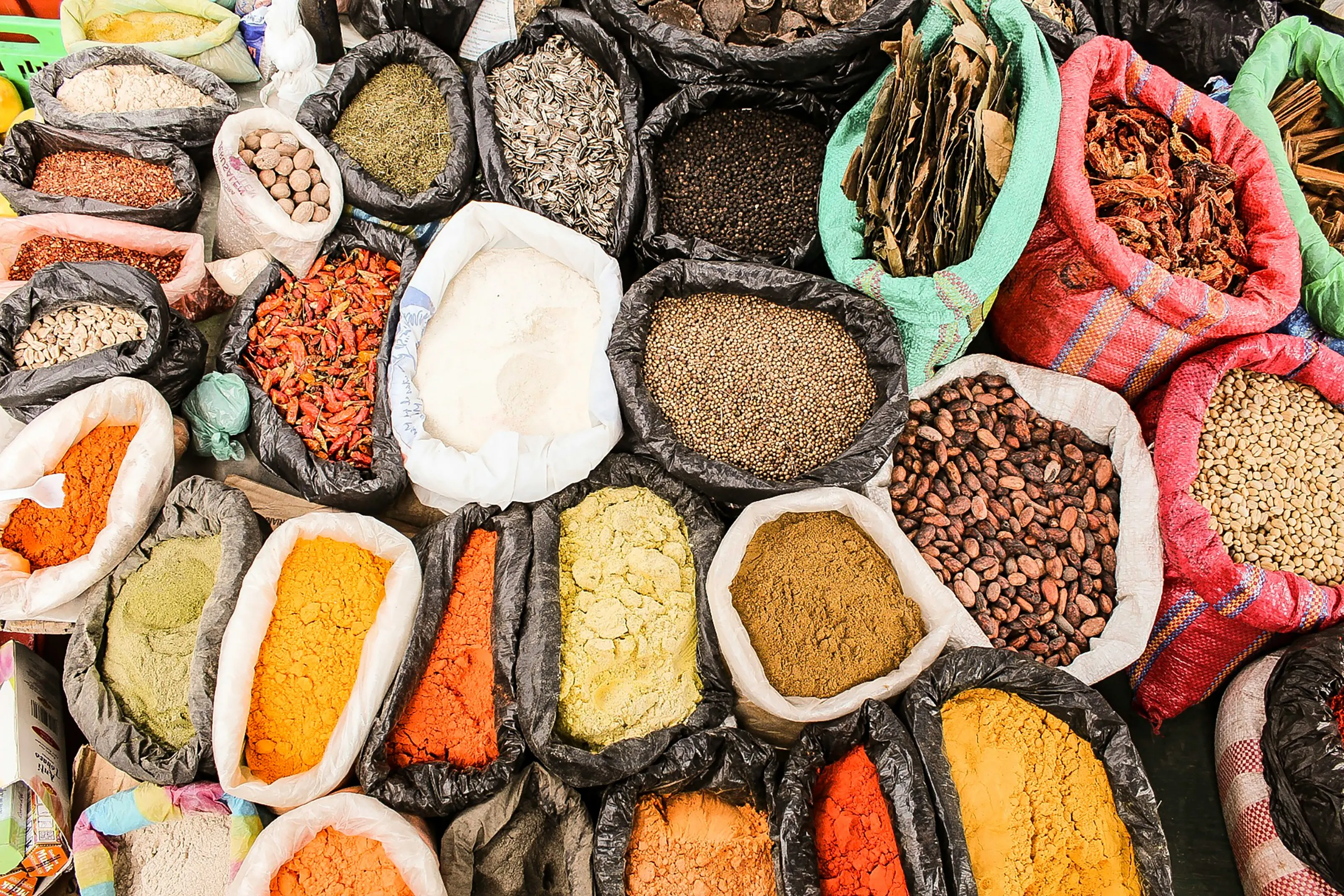
How Nutrition Helps Prevent Cell Damage & Induce Apoptosis
Cancer develops when normal cells mutate and grow uncontrollably, often due to oxidative stress, chronic inflammation, and toxin accumulation. However, certain foods contain powerful compounds that protect cells from damage and even trigger apoptosis (cell death) in cancerous cells. Here’s how:
Antioxidants Neutralize Free Radicals
Free radicals cause oxidative stress, which can damage DNA and lead to cancer. Foods rich in vitamins C, E, and beta-carotene (found in berries, citrus fruits, and leafy greens) help neutralize these harmful molecules.
Phytonutrients and Polyphenols Inhibit Cancer Growth
Compounds like EGCG (epigallocatechin gallate) in matcha and curcumin in turmeric have been shown to inhibit cancer cell proliferation and promote apoptosis.
Anti-Inflammatory Foods Reduce Risk Factors
Chronic inflammation is a major contributor to cancer progression. Omega-3 fatty acids (found in salmon and walnuts) help reduce inflammation and slow cancer cell growth.
Detoxifying the Body with Nutrition
Cancer thrives in an environment burdened by toxins. Supporting the body’s natural detoxification pathways through diet can reduce carcinogen exposure and enhance immune function.
Liver-Supporting Foods: Crucial for filtering out toxins. These include garlic, onions, and cruciferous vegetables like broccoli and cabbage, which boost liver enzyme activity. And don't just eat the trees. Broccoli stems have the most powerful cancer fighting chemistry. I like to cut them into tiny strips and add to stir fry.
Hydration and Antioxidant-Rich Teas: Help flush out harmful substances by drinking lots of green tea, matcha, and herbal teas like nettle to enhance detoxification.
Fiber for Gut Health: Fiber binds to toxins and removes them through digestion. Fiber promoting action can be found in chia seeds, flaxseeds, and leafy greens.
Spotlight: How Matcha Impacts Leukemia
A 2018 study published in the National Library of Medicine (PMC6128439) highlights the anti-cancer properties of matcha, specifically against leukemia cells. The research found that matcha induces apoptosis and halts the growth of leukemia cells by disrupting their metabolic processes. This is largely due to EGCG (epigallocatechin gallate), a potent polyphenol that targets cancerous cells without harming healthy ones.
How to Incorporate Matcha into Your Diet
- Matcha Tea: Drink 1-2 cups per day to benefit from its high antioxidant content. Use either maple syrup or monk fruit sweetener. Skip the dairy.
- Smoothies: Blend matcha with spinach, banana, and almond or oat milk for a nutrient-packed detox drink. You might also toss in some bee pollen for extra vitamins.
- Matcha Energy Bites: Mix matcha with oats, honey, and walnuts for a healthy, cancer-fighting snack.
- Matcha Oat Milk: High in B12, Oat milk with a little non glucose monk fruit sweetener and a teaspoon of matcha blended with a frother makes a delicious snack.
Final Thoughts: Empowering Health Through Food
Food plays a vital role in both cancer prevention and treatment by nourishing our cells, reducing inflammation, and eliminating toxins. By making mindful choices—like drinking matcha, eating antioxidant-rich fruits, and incorporating detoxifying vegetables—we can take control of our health and create a body more resistant to disease.
What are your favorite cancer-fighting foods? Share in the comments below!
Stay tuned for the next Cancer Cafe post, where we’ll dive into the power of fruits in cancer prevention and healing!
References for the role of food in cancer prevention, treatment, and detoxification:
- Baladia E, Moñino M, Pleguezuelos E, Russolillo G, Garnacho-Castaño MV. Broccoli Consumption and Risk of Cancer: An Updated Systematic Review and Meta-Analysis of Observational Studies. Nutrients. 2024 May 23;16(11):1583. doi: 10.3390/nu16111583. PMID: 38892516; PMCID: PMC11174709. https://pmc.ncbi.nlm.nih.gov/articles/PMC11174709/
- Boccellino, M., & D’Angelo, S. (2020). Anti-obesity effects of polyphenol intake: Current status and future possibilities. International Journal of Molecular Sciences, 21(16), 5642. https://doi.org/10.3390/ijms21165642
- Bonuccelli G, Sotgia F, Lisanti MP. Matcha green tea (MGT) inhibits the propagation of cancer stem cells (CSCs), by targeting mitochondrial metabolism, glycolysis and multiple cell signalling pathways. Aging (Albany NY). 2018 Aug 23;10(8):1867-1883. doi: 10.18632/aging.101483. PMID: 30153655; PMCID: PMC6128439. https://pmc.ncbi.nlm.nih.gov/articles/PMC6128439/
- Ganesan, K., & Xu, B. (2017). Polyphenol-rich tea and cancer chemoprevention: A critical review. Critical Reviews in Food Science and Nutrition, 57(13), 2600–2620. https://doi.org/10.1080/10408398.2015.1060192
- Khan, N., & Mukhtar, H. (2018). Tea polyphenols in promotion of human health. Nutrients, 10(5), 707. https://doi.org/10.3390/nu10050707
- Yang, C. S., Wang, H., & Sheridan, Z. P. (2018). Study on the epigallocatechin gallate (EGCG) metabolism and health effects. Molecules, 23(9), 2130. https://doi.org/10.3390/molecules23092130
- Zhang, S., Tomata, Y., Sugiyama, K., Sugawara, Y., & Tsuji, I. (2019). Green tea consumption and gastric cancer risk: An evaluation based on a systematic review of epidemiological evidence among the Japanese population. Japanese Journal of Clinical Oncology, 49(10), 972–978. https://doi.org/10.1093/jjco/hyz097

